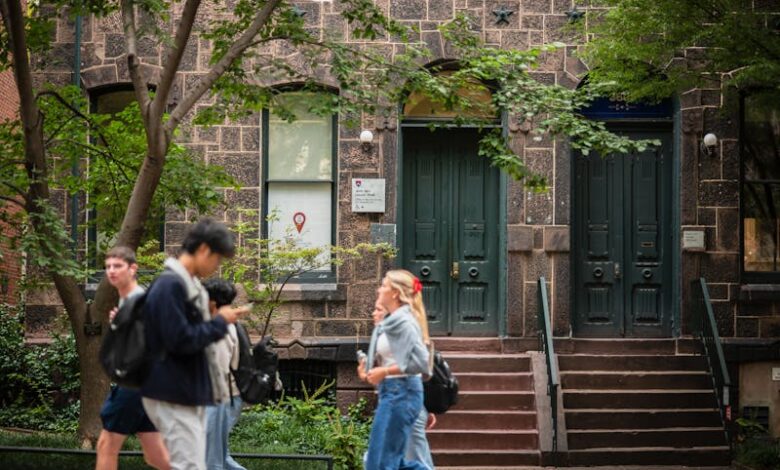South Asia Studies department hosts discussion featuring authors of new Dalit studies book

The Department of South Asia Studies hosted authors and editors Ramnarayan Rawat and Kusuma Satyanarayana to discuss their latest work, “Dalit Journeys for Dignity: Religion, Freedom, and Caste.”
At the Oct. 15 event, Rawat, a history professor at the University of Delaware, and Satyanarayana, a cultural studies professor at the English and Foreign Languages University in Hyderabad, shared an overview of the book, which was released in April as the second volume of their Dalit studies project. The work is a collection of essays written by scholars, including the two authors, focusing on the challenges and opportunities faced by Dalit people in modern-day India.
The term “Dalit” refers to individuals who occupy one of the lowest social castes in India. Rawat and Satyanarayana’s Dalit studies collection is an attempt to introduce new scholarship of younger Dalit studies scholars based primarily in India.
In their presentation, the editors shared their excitement at introducing readers to the fresh voices and perspectives of these authors whose work is included in their book. They also focused on the idea of intersectionality and the struggles of Dalit groups in South Asian history.
In an interview with The Daily Pennsylvanian, Rawat touched on the social exclusion Dalits face in society and the role religion plays in their ideas of self-worth and dignity.
“Dalit groups have faced social exclusion in the sense that they live separately from the mainstream society, in a separate religion, separate neighborhoods, and they are not considered human beings by the Hindu society,” Rawat said.
He also stated that religious traditions are a way for Dalits to feel recognized as human beings.
“Christianity, Buddhism, Sikhism, and indigenous religious traditions help you recognize yourself as a human being and recognize your dignity,” Rawat added. “For [Dalits], religion is a medium to be recognized.”
The book’s collection of essays also touches on topics such as caste formation and social immobility in India. Rawat and Satyanarayana structured the book into two parts — “Religion and the Social” and “Caste and the Secular” — to provide an extensive look into the struggles Dalits face and how they are attempting to overcome them.
In the preface of their book, Rawat and Satyanarayana wrote that they are “indebted” to the South Asia Center for the help the center provided toward the book’s production and thanked the Department of South Asian Studies for two Dalit studies conferences to date that have led to more collaborative projects and research.
In an interview with the DP, Associate Director of the South Asia Center Aurora Reardanz said that the center has appreciated working with Rawat, Satyanarayana, and other Dalit studies scholars over the past decade as the researchers’ work aligns with the center’s core themes of inequality and race.
“This has been very key to the work we’ve been doing.” Reardanz said. “And these projects continue to build. The South Asian Studies community in the U.S. is quite small, so having these sorts of events also allows interconnection between scholars and grad students who might one day be listed in one of these books as a writer.”
Reardanz highlighted how the scholars’ work is relevant to broader racial issues in the United States, from the antebellum period in the South to the Black Lives Matter movement.
“This talk highlighted very well that there’s political inequality of how we engage with our government, and social inequality with how we engage in our communities,” she added to the DP.
